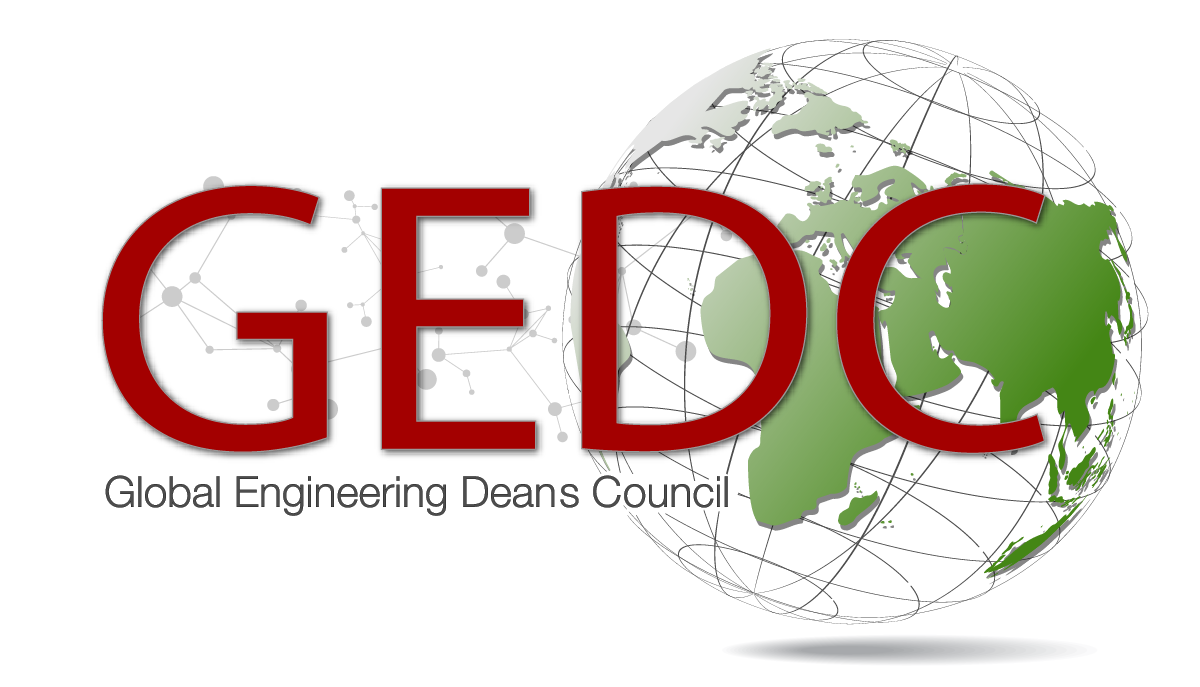What challenges has University of Donja Gorica faced in light of the pandemic and how have you managed online courses in Engineering?
From March 2020, because Covid-19 pandemic, University of Donja Gorica have successfully delivered all undergraduate and graduate engineering programs through blended learning teaching and learning model.
What are the Degree Programs offered by University of Donja Gorica and what are some of the salient ongoing research projects?
MSc Programs (3 years):
- BSc in Polytechnical Engineering
MSc Programs (2 years):
- MSc in Real Estate Management
- MSc in Civil Engineering and Contemporary Technologies
- MSc in Architecture and Design
- MSc in Ecology, Urban and Spatial Planning
The salient ongoing research projects:
- INVO HERIC program
- 3D Printing in Design and Construction
How would you characterize the current relations between University of Donja Gorica and the Corporate and Industry world? What are some of the projects that you are implementing local companies?
University of Donja Gorica created a Laboratory for product design, including disciplines such as graphic, fashion and interior design, developed though INVO HERIC program (No: 01 – 1085, June 2014 – May 2017), in collaboration with national and international research and industry partners, as a professional prototype laboratory (ProDe laboratory). This became a local and regional centre for creating and developing prototypes for various products, such as products made out of cardboard, plastic, textile, wood, stone and marble, with activities related to prototype building, transformation of prototype into a final product, commercialization and patent activities, provision of sustainability, and dissemination activities.
Our Laboratory for 3D printing, developed as university-industry collaboration, has promoted innovation and the environment by improving knowledge and technology transfer processes. It has helped Faculty of Polytechnics in collaboration with UDG business incubator (Preduzetnicko Gnijezdo) develop innovation skills in students leading to entrepreneurship.
How has the GEDC connected you and your university to corporate or industry leaders and other global universities? In what ways has your membership facilitated this connection (i.e. Global Webinars, Industry Forum, WEEF/GEDC Annual Conference, Student Global Events, Global Virtual Internship Platform)?
GEDC is helping UDG to achieve intensive connection with corporate or industry leaders and other global universities through Industry Forums, Global Webinars, Global Virtual Internship Platform and WEEF/GEDC Annual Conference.
Are there any international partnerships between University of Donja Gorica and other schools in Europe, Africa and other regions of the world?
UDG have very intensive collaboration with European (Politechnica de Milano), the United States of America, and Chinese universities (more than 20 universities in China).
What are some of the cutting-edge engineering education advancements at the University of Donja Gorica during the last few years under your leadership?
Our cutting-edge advancements include laboratories for product design and 3D printing. These have helped develop innovation skills in our students leading to entrepreneurship, in collaboration with UDG business incubator.
Can you share with us some of the approaches that University of Donja Gorica is implementing to sustain growth in its Engineering College and retain a constant growth of its student body in addition to ethnic and gender diversity?
Intensive international collaboration with universities from Europe, USA and China helps UDG to sustain growth in its Engineering College and retain constant growth of its student body in addition to ethnic and gender diversity.
At University of Donja Gorica, what are some of the initiatives that you have undertaken to promote diversity in Engineering Education?
GEDC helped UDG to promote diversity in Engineering Education in this region, by inspiring and developing regional university-university and university-industry relationships.
In your opinion, what are some of significant issues/topics that ought to be addressed by the global engineering community and particularly by Engineering Deans, to further strengthen inter regional communication and continue to globalize this field of study?
For my opinion, Central and Eastern Europe (CEE), as longtime engineering powerhouse regions and one of the fastest growing regions in Europe, has the potential to become a global innovation hub as the countries in the region transition to knowledge-intensive economies.
How has GEDC helped your University achieve the goal of making your institution a more global environment?
GEDC helped UDG to achieve the goal of making this institution a more global environment by bringing together global industry and academic leaders, especially through Industry Forums which offers a game-changing approach to equipping the next generation with the skills we will need.
What are your top five priorities as a dean and where do you plan to take the Faculty of Engineering five years from now?
In order to facilitate innovation, which is ‘an economic necessity’ in this region, I am planning to take Faculty of Polytechnics to more intensive internalization and better collaboration between universities, businesses and regional stakeholders. This should result in developing the next generation of engineering leaders and experts through closing the gap between the skills employers need and those available in graduates through university-industry collaboration, innovation, and knowledge sharing.

